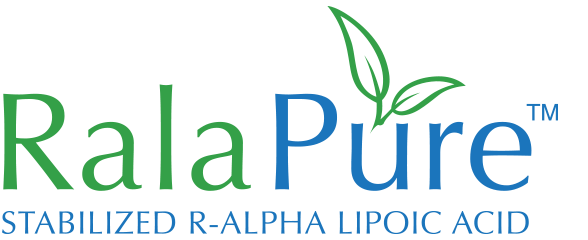R-ALA Benefits for AIDS/HIV
AIDS is caused by the human immunodeficiency virus (HIV), which attacks a specific type of white blood cells known as T-lymphocytes. About 20 million people throughout the world are infected with HIV. A massive research effort has produced better treatments, resulting in longer survival and improved quality of life for those with access to the treatments. But there is still no vaccine or cure. The only real defense against AIDS is prevention.
What makes HIV so difficult to control is that it targets and destroys immune cells called t-helper cells, the body’s first line of defense against infection. Once these t-cells are decimated the body is vulnerable to a host of infections of diseases. When t-cells are weakened by HIV, they lose their ability to produce and transport glutathione, a major cellular antioxidant. Once this happens, they succumb to oxidative stress causing further destruction. Not surprisingly, HIV-positive patients have considerably lower glutathione, as well as other antioxidant, levels.
AIDS/HIV and Alpha Lipoic Acid
In the test tube, ALA prevents replication of HIV in cultured human cells. There is also evidence that ALA bolsters the antioxidant defenses in HIV-positive people. In one study, lipoic acid (150mg, 3 times daily) was given orally to 12 HIV patients. At the end of 2 weeks, all of the patients had an increase in in blood glutathione levels, and 9 patients had an increase in the number of t-helper cells – a sign that their immune system was stronger.
In vitro, alpha-lipoic acid has been shown to have synergistic effects when combined with AZT, with the combination of the two showing stronger inhibition of HIV replication than either had when used alone. In vitro research done at Kumamoto University in Japan has shown that alpha-lipoic acid significantly depresses both HIV tat gene activity and HIV infectivity, and is active in both acute and chronically infected cells. Other in vitro research done in the Department of Molecular and Cell Biology at the University of California, Berkeley, has shown that alpha-lipoic acid inhibits NF-kappa B activity.
German in vitro research has also shown that alpha-lipoic acid inhibits the infectivity of virus particles and suppresses viral replication, and follow-up in vivo studies by the same researchers showed that it does have antiviral effects in HIV+’s, reducing viral titers just as had been predicted by the in vitro research. Since NF-kappa B is, in essence, an on-off switch for the activation of HIV, and that inhibition is considered a promising antiviral approach, and anything non-toxic that effectively suppresses viral replication and reduces infectivity is immensely desirable, alpha lipoic acid may be a very important part of a comprehensive antiviral approach.












